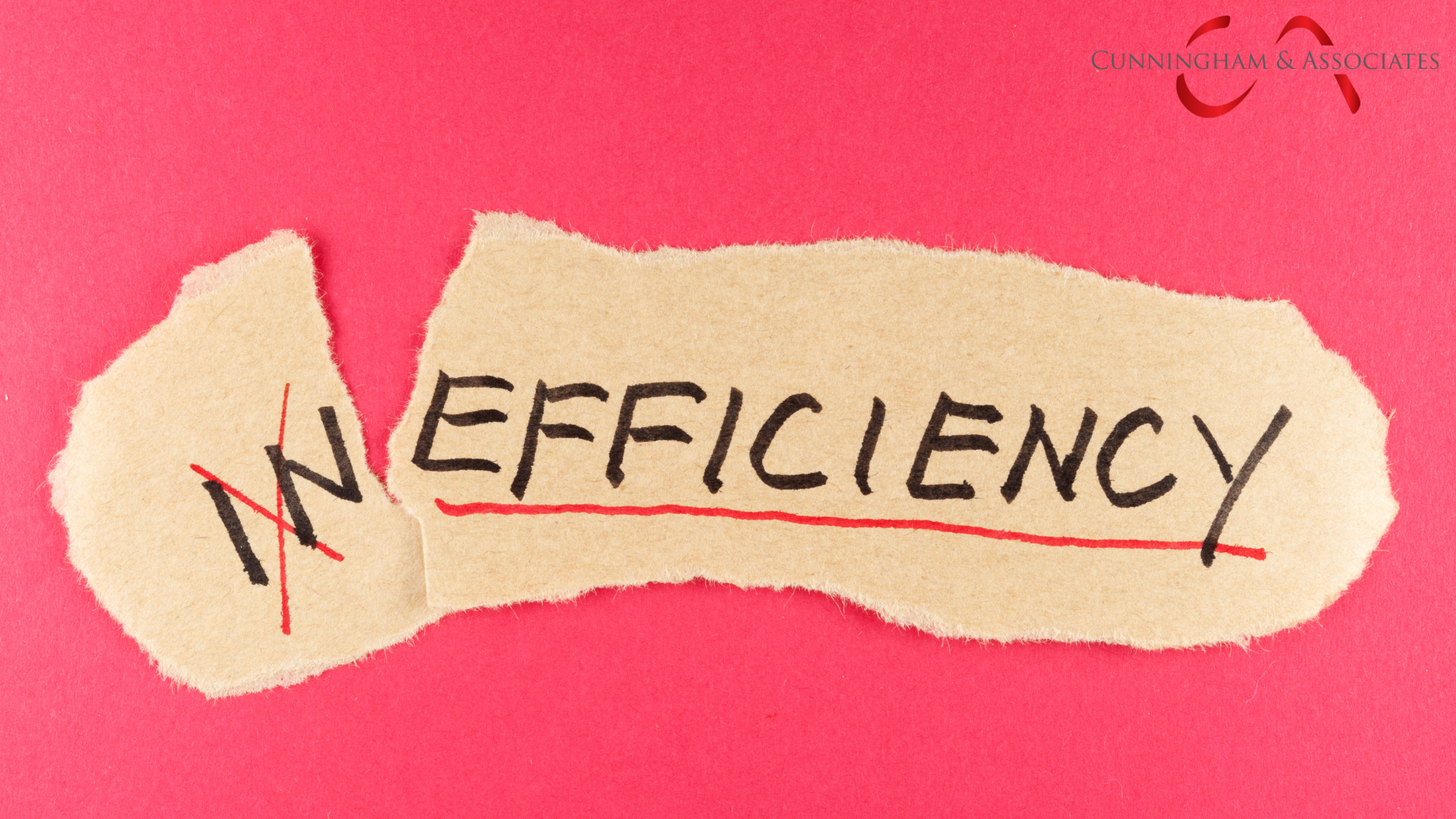As a business owner, managing how you pay yourself is key not just for your own financial well-being, but also for your company's success. A common hurdle for many corporation owners, especially those with C corporations, is dealing with double taxation. This happens when income gets taxed twice—first at the corporate level and then again at the individual level when profits are handed out as dividends. Here’s a guide to help you navigate and reduce the impact of double taxation.
1. Choose the Right Business Structure:
Before discussing ways to mitigate double taxation, it's important to know that choosing the right business structure is critical. For example, if you go with an S corporation or a Limited Liability Company (LLC), you can skip double taxation entirely. These setups let profits flow straight to your personal tax return, so you only have to pay taxes once at the individual level.
2. Pay Yourself a Reasonable Salary:
By paying yourself a salary, you can reduce the corporate income that is subject to corporate tax. This salary is deductible as a business expense, thereby lowering the corporation’s taxable income. However, it’s crucial to ensure that the salary is reasonable, aligned with industry standards, and well-documented to withstand IRS scrutiny.
3. Utilize Expense Reimbursements and Fringe Benefits:
As a business owner, you can take advantage of expense reimbursements and certain fringe benefits, which can be considered before-tax expenses for the company. Expenses like travel, meals, and health insurance premiums, if directly tied to business purposes, can be reimbursed without incurring additional personal tax liability.
4. Retain Earnings Within the Business:
Instead of distributing all profits as dividends, consider reinvesting a portion of the earnings back into the company for growth. While retained earnings are subject to corporate tax, they are not taxed at the individual level until distributed, which can help defer personal tax liability.
5. Issue Stock Options or Equity Compensation:
Another way to potentially lower the impact of double taxation is through stock options or equity compensation. This method provides long-term incentives aligned with business success and can defer the personal tax event until you exercise the stock options or sell shares, ideally aligning with favorable tax treatment.
6. Consider Shareholder Loans:
Structured correctly, loans to shareholders that align with IRS guidelines can be an effective way to extract cash from your company without triggering dividend tax treatment. It's crucial, however, to ensure these loans are documented and reflect true lending practices, including repayment schedules and interest rates.
7. Explore Tax Deferral Mechanisms:
Where possible, explore tax deferral mechanisms such as retirement plans. Contributing to retirement accounts like a 401(k) or a SEP IRA can reduce taxable income at the present and allow for tax-deferred growth, which is a strategic way to manage compensation.
Conclusion
While navigating corporate taxation can be complex, understanding these strategies can help business owners effectively minimize double taxation. Always consult with a tax professional or accountant to tailor these strategies to your circumstances, ensuring compliance with all tax laws and maximizing your financial efficiency. By effectively managing how you compensate yourself, you can retain more of your earnings and invest back into the business or toward personal financial goals.
Our team has executed hundreds of executive compensation studies that have helped business owners optimize their compensation.
Set up a time to talk with us today.





